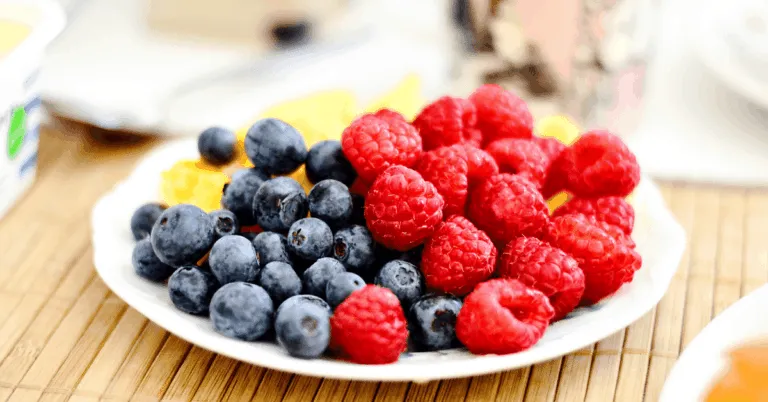Ultimate Brain Food Guide
As your body’s control center, it is responsible for maintaining your heart beating, your lungs breathing, and enabling you to move, feel, and believe.
It is your brain.
The food we eat can have a major impact on our brain’s structure and health. Eating a diet that stimulates the brain can promote both short-and long-term brain function. The brain is an energy-intensive organ that uses about 20 percent of the bodies energy supplies / calories, so it requires plenty of high quality energy sources, brain food, to keep it working in top form all day long.
In order to remain healthy, the brain also needs certain specific nutrients. For instance, omega-3 fatty acids assist in the development and repair of brain cells, while antioxidants decrease cell stress and inflammation associated with brain aging and neuro-degenerative disorders such as Alzheimer’s disease.

Top Five Brain Foods
The foods you eat play a part in maintaining your brains health and enhancing mental skills like memory and concentration.
Here are the top 5 foods to eat to give your brain the nourishment it needs to excel throughout the day.
1. FISH
Fatty fish are an abundant sources of omega-3 fatty acids, healthy unsaturated fats shown to reduced concentrations of beta-amyloid in the blood— the protein that forms harmful clumps in the brains of Alzheimer’s disease individuals.
Examples of oily fish that contain high levels of omega-3’s include:
- salmon
- mackerel
- tuna
- herring
- sardines
You can also get omega 3’s from soybeans, nuts, and flax seeds in the event that you can’t eat fish due to an allergy or dietary restriction such as being vegan.
2. NUTS
Nuts can enhance heart health markers, and having a good heart is associated with having a healthy brain.
Research has also discovered that females who ate nuts on a regular basis over several years had a sharper memory compared to those who did not eat nuts. Various nutrients in nuts, such as good fats, antioxidants, and vitamin E, may explain why nuts help facilitate healthy brain function.
Vitamin E protects cell membranes from free radical damage, helping to slow down mental decline as a person ages. While all nuts are nice for your brain, there may be an additional edge for walnuts, as they also provide omega-3 fatty acids. Almonds are also a great source of brain boosting nutrition.
3. BERRIES
Studies demonstrate that flavonoids, the natural plant pigments that gives berries their wonderful shades help enhance memory. Blueberries, blackberries, and other deeply colored berries also contain anti-inflammatory and antioxidant elements.
Antioxidants act both against oxidative stress and inflammation, which can add to brain aging and neuro-degenerative diseases. It has been discovered that some of the antioxidants in blueberries accumulate in the brain and help enhance communication between brain cells.
4. EGGS
Eggs are a useful source of several brain-related nutrients, including B6 and B12, folate, and choline. Choline is an significant micro-nutrient used by your body to produce acetylcholine, a neurotransmitter that helps to control mood and memory.
Eggs also have elevated levels of B vitamins that assist against the slow mental decline seen in the elderly.
5. GREEN VEGETABLES
Leafy greens such as kale, spinach, collars, and broccoli are rich in brain-health boosting nutrients such as vitamin K, lutein, folate, and beta carotene.
Research indicates that these plant-based foods can help slow cognitive decline. In particular, broccoli is packed with strong compounds and antioxidants. It is also very high in vitamin K, providing more than 100% of Recommended Daily Intake (RDI) from just one cup of broccoli. Vitamin K is a fat-soluble vitamin that is crucial for sphingolipid formation, a sort of fat tightly packed into brain cells, without which the brain wouldn’t be able to function.
IN CONCLUSION
Many foods can assist in the maintenance of a healthy brain. The above-mentioned “brain foods” can help enhance the memory and concentration abilities of an individual. Some may also lower the risk of neuro-degenerative diseases associated with stroke and age, such as Alzheimer’s and Parkinson’s.
Some foods in this list have antioxidants that help safeguard your brain from harm, such as leafy greens.
Others, like nuts and eggs, contain nutrients that have been shown to help improve memory. By strategically incorporating these foods into your diet, you can keep your brain healthy and increase your alertness, memory and mood.








